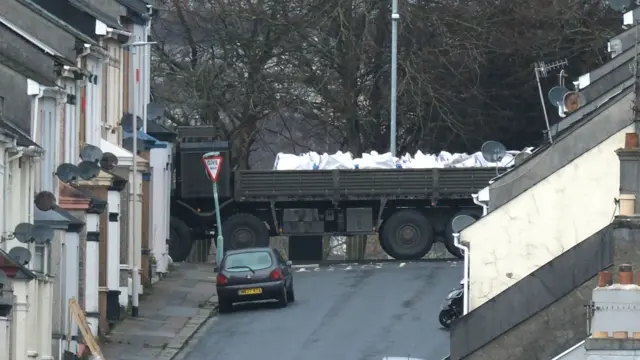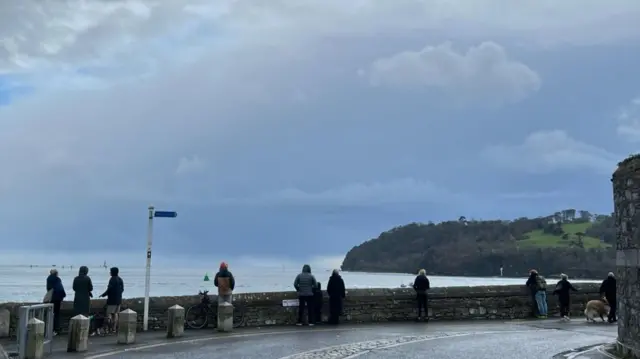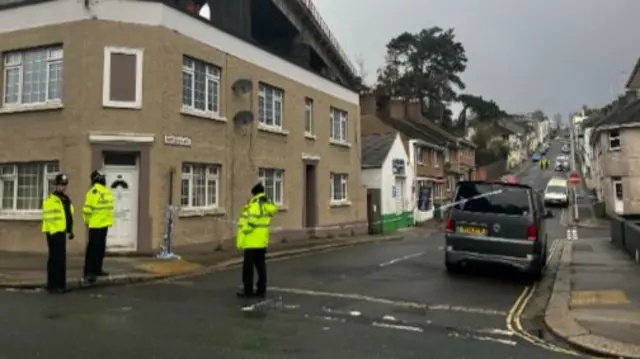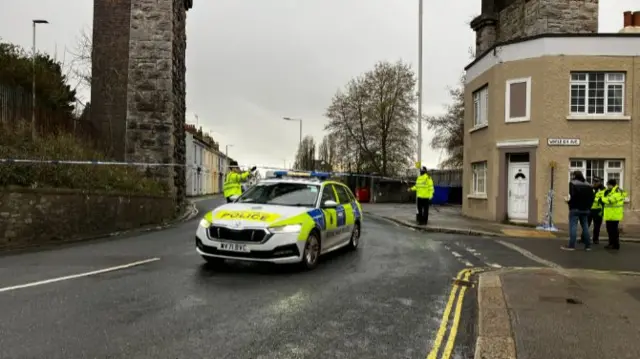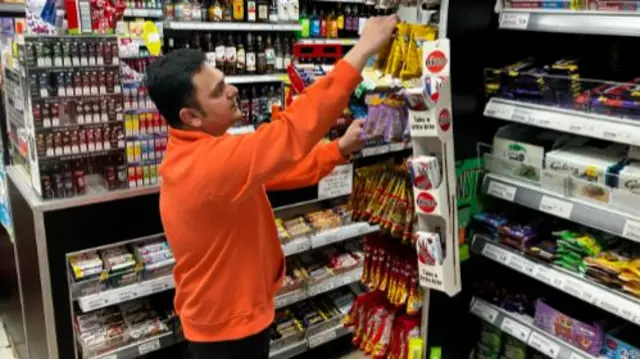Bomb is now in the waterpublished at 17:44 Greenwich Mean Time 23 February
Alex Green
BBC News
The bomb has now been put into the water, and road closures in the city are being lifted, Plymouth Highways has confirmed.
Allow Twitter content?
This article contains content provided by Twitter. We ask for your permission before anything is loaded, as they may be using cookies and other technologies. You may want to read Twitter’s cookie policy, external and privacy policy, external before accepting. To view this content choose ‘accept and continue’.
